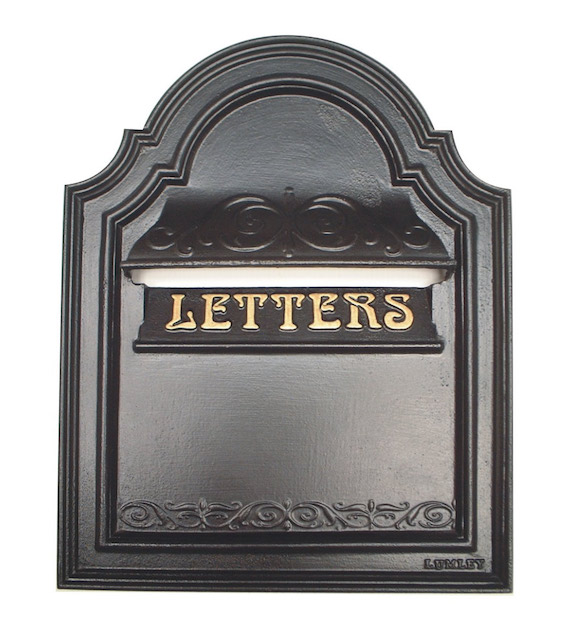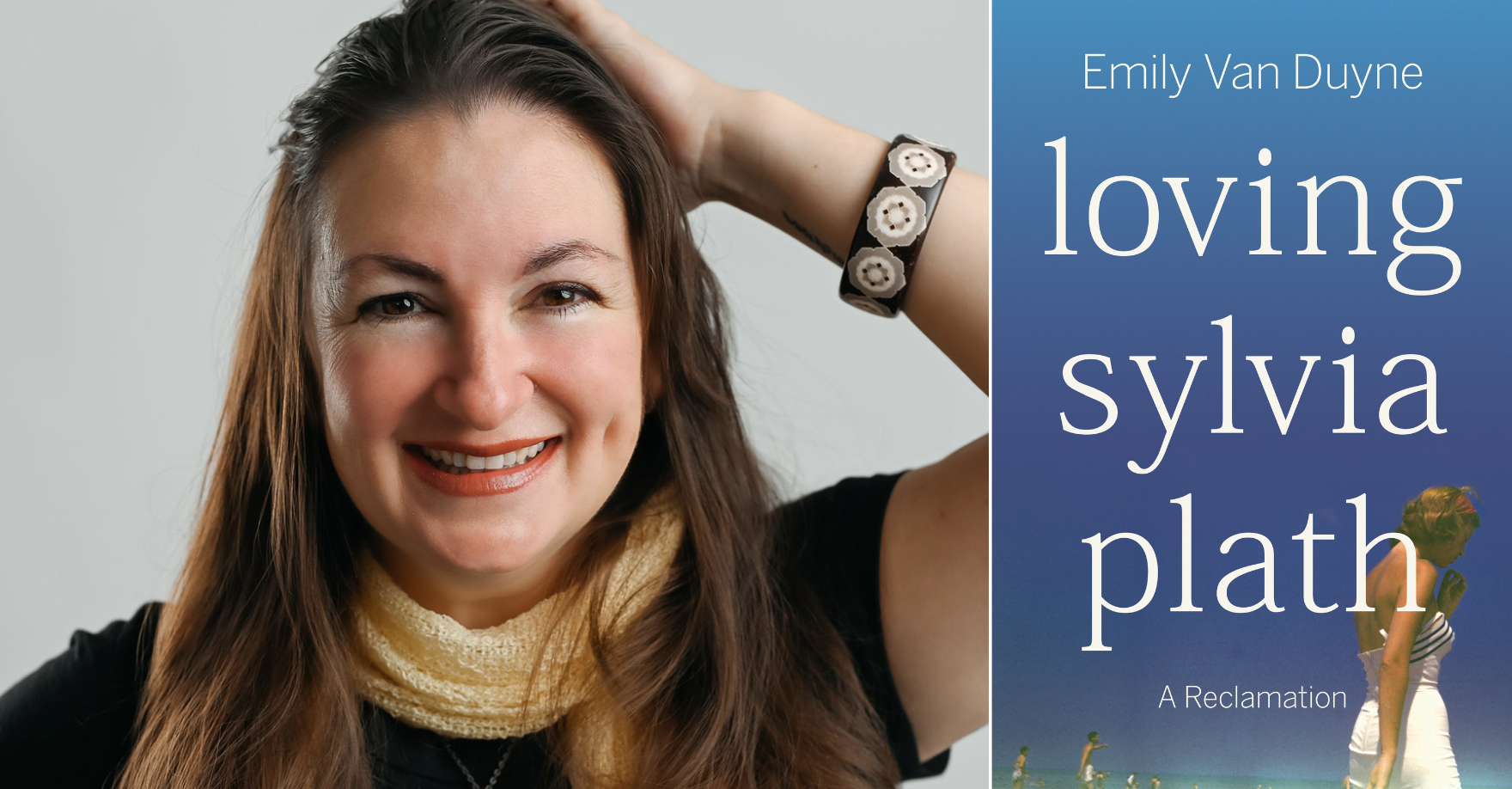
When I was an aspiring fiction writer fresh out of grad school, I won a fellowship to spend a month at an artist’s colony in Montauk, at the very tip of Long Island. Known as the Edward F. Albee Foundation, the colony was founded and funded by its namesake, renowned author of Who’s Afraid of Virginia Woolf? and many other wonderful plays, who recently passed away.
 The Albee fellowship was the biggest thing that had happened to me early in my career as a writer, a label I still felt uncomfortable wearing. In fact, during my first week at the colony, I happened to overhear another of the artists on the phone, a playwright, who was explaining to a friend who else was in residence: “There’s a poet, a sculptor, a painter from Japan, and a novelist from New York.”
The Albee fellowship was the biggest thing that had happened to me early in my career as a writer, a label I still felt uncomfortable wearing. In fact, during my first week at the colony, I happened to overhear another of the artists on the phone, a playwright, who was explaining to a friend who else was in residence: “There’s a poet, a sculptor, a painter from Japan, and a novelist from New York.”
My ears perked up. A New York novelist? Where? Who was it? Someone famous? In my head, I started to rattle off the names of my favorite writers.
It took me a minute to realize he meant me. I was the novelist. I was a novelist.
Besides the sense of validation it brought, one of the perks of being a fellow at the Albee Foundation was how we got our mail. Since the colony had no regular postal delivery, all our letters came to Albee’s P.O. Box in town, which Edward Albee himself, who had a summer home nearby, would pick up and then drop off for us.
Yes, for one month, Edward Albee, arguably America’s greatest living playwright, was our mailman.
The aspiring playwright I’d overheard calling me a novelist — let’s call him Joe — had known even before arriving at the colony about this Edward-Albee-is-our-mailman arrangement, and because of this, he’d ordered everyone he knew to write him letters at the colony. That way, Joe figured, the great playwright would see his name so often on the return address that it would stick in his mind.
It turned out that Albee was an elusive kind of mailman. He’d drive up to our house, quietly drop off the mail on the kitchen counter, and slip away. At first we thought he didn’t like us. Later, we learned from the colony’s caretaker this was because he didn’t want to disturb us at work.
When Joe figured this out, he began doing his writing at a picnic table in front of the house, right next to the kitchen, and that’s where he’d sit all day, waiting for Albee to show up. “You should try it,” he told me. “There’s another picnic table out there you can have. It’s a bit further away, but you know, it’s there.”
To further cement our bond with Edward Albee, Joe decided that we should host a dinner and invite our benefactor to come join us socially. We did, and Albee accepted the invitation. I was tasked with making the dessert, which was a challenge because Albee, who had diabetes, did not eat refined sugar.
The dinner was a great success. Albee arrived with his partner Jonathan, broke bread with us, and complimented the sugar-free summer fruit cobbler with a biscuit topping that I’d made especially for him. Throughout the dinner, he maintained a polite unassuming presence, as if he were just a neighbor we’d happened to invite to join us rather than a three-time Pulitzer Prize winner.
I was astounded when Albee mentioned that he remembered from my application that I was working on a story collection about Prague. He told me about when he’d visited that city before the fall of the Iron Curtain. “I attended a party where no one was there,” he said ironically. All the other guests, dissident writers and artists, had been sentenced to internal banishment, declared non-existent entities by the Communist government.
After the great man left, Joe went around high fiving us all, whooping, jumping up and down. He suggested we all go to the one bar in town that was still open at that late hour and celebrate.
So we all piled into Joe’s car: me, the poet, the sculptor, and the painter from Japan, whose English was not the best, but certainly far superior to any of our Japanese. Along the way, we were all saying Edward Albee this, and Edward Albee, that. And suddenly the Japanese painter broke into the conversation because there was something he did not understand. He said, “Joe, I keep hearing you mention this Mr. Edward Albee. Who is Edward Albee?”
We explained that in addition to being, well, Edward Albee, he was the guy whom the colony was named after, the guy paying for us all to stay here. The guy who, despite all the fuss we’d made over him, had maintained such a quiet, dignified reserve that our Japanese friend had had no idea of his extraordinary reputation.
Over the years, I have thought back many times to my time at the Albee Foundation, and specifically the comportment that Edward Albee had modeled for me, for all of us who want to pursue careers in the arts. Without words, he was letting us know, I am just like you. Writing is the work I do, not who I am. As a writer, he was famous. As a person, he was just the guy who brought us our mail, another guest at our dinner table. His calm and quiet good manners seem all the more extraordinary in our current day and age, when writers take to social media with the regularity that most people brush their teeth.
Several months after my first book came out, I got a letter in the mail, forwarded to me by my publisher. It was a handwritten note on heavy cream-colored stationary. I looked at the return address and realized it had come from Mr. Albee.
“Dear Mr. Hamburger:” he wrote, “I just finished reading The View from Stalin’s Head. Such good work! Congratulations! What’s next? Regards, Edward Albee”
I still have that note. And every once in a while, when I have trouble believing I’m a real writer, I take out that piece of paper and then quietly get back to work.
Image Credit: Wikimedia Commons.








